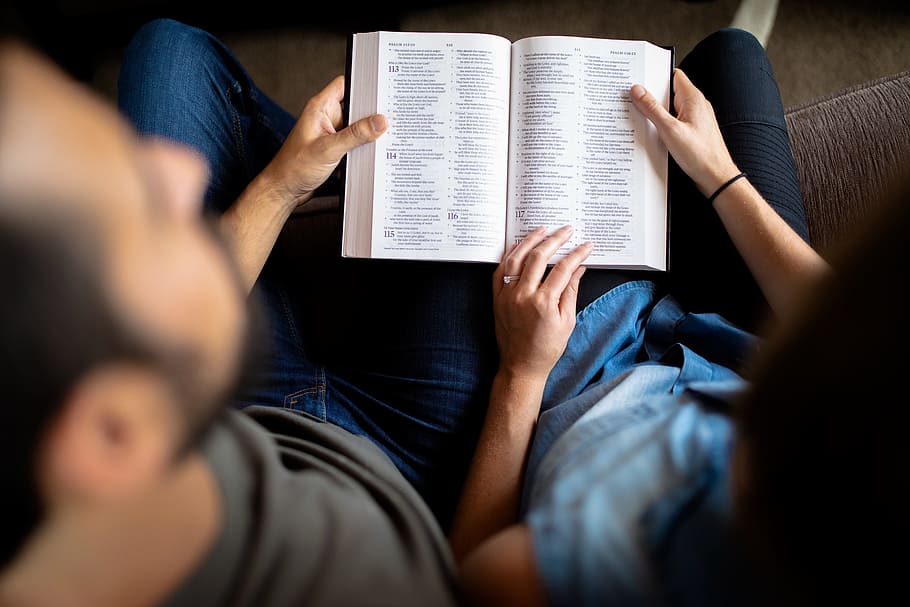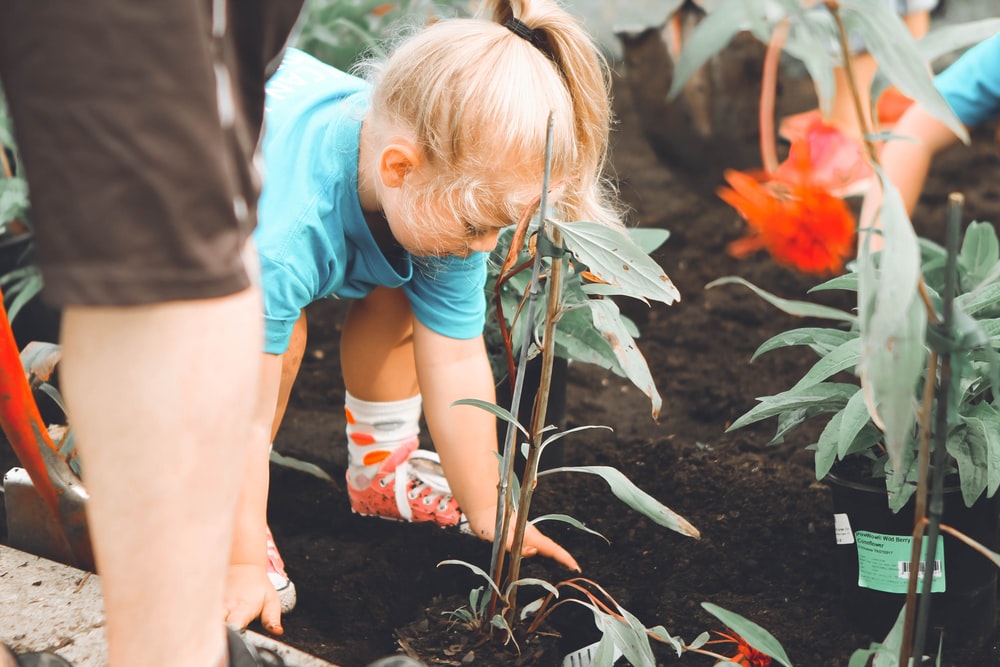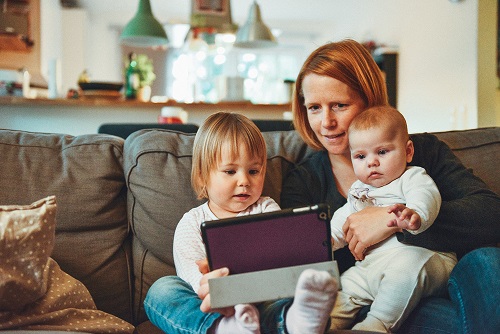
I have learnt a great deal from the families in my church—and when I say families I don’t just mean parents and their young children. There’s Kath, in her forties, who brings her elderly grandfather to church. Kath’s twin sister, niece and uncle have also started coming to church regularly. Together with Kath’s immediate family, they now take up almost two rows.
Then there’s Ern and Fay, both over eighty, who always sit near the windows where the sun streams in. At first, I assumed they were a married couple; actually, they are brother and sister, both of them widowed. Finally, there’s Margaret. She’s an older single divorcee, but most weeks she’s accompanied by her teenage granddaughter.
The extended family groups in our church usually sit together, but there’s always room for one more. Kath is like an aunty to several of the young children in the congregation; Margaret’s granddaughter moves around, often sitting with one of the other families with teenage girls
Churches need natural families, because they can show the church how to be a family; but natural families also need the church—no family can or should be spiritually self-sufficient.
For this reason, churches should affirm natural families, but also encourage them to see themselves as part of the wider household of God, ready to embrace those members of the church who come alone.









